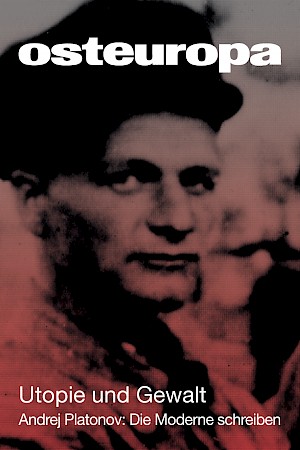Stalin’s erroneous path of collectivisation
Destructive forces and the crippling of independent initiative
Deutsche Fassung
Abstract
The collectivisation of agriculture is one of the central events in the early Soviet Union, alongside enforced industrialisation. The amalgamation of private farms to form collectives changed the social and economic foundations of the Soviet system of rule and still influences Russia’s economic culture today. The Bolsheviks assumed that the mechanisation of soil cultivation in large, socialised farms was superior to traditional land management. However, the prospect of mechanisation did not lead the farmers to voluntarily come together in collective farms. The Bolsheviks reacted to resistance among farmers with violence and force. During the early 1930s, the repression of the farmers, slaughtering of livestock and the collapse of the grain industry resulted in starvation which led to the deaths of over six million people.
(Osteuropa 8-10/2016, pp. 55–80)



